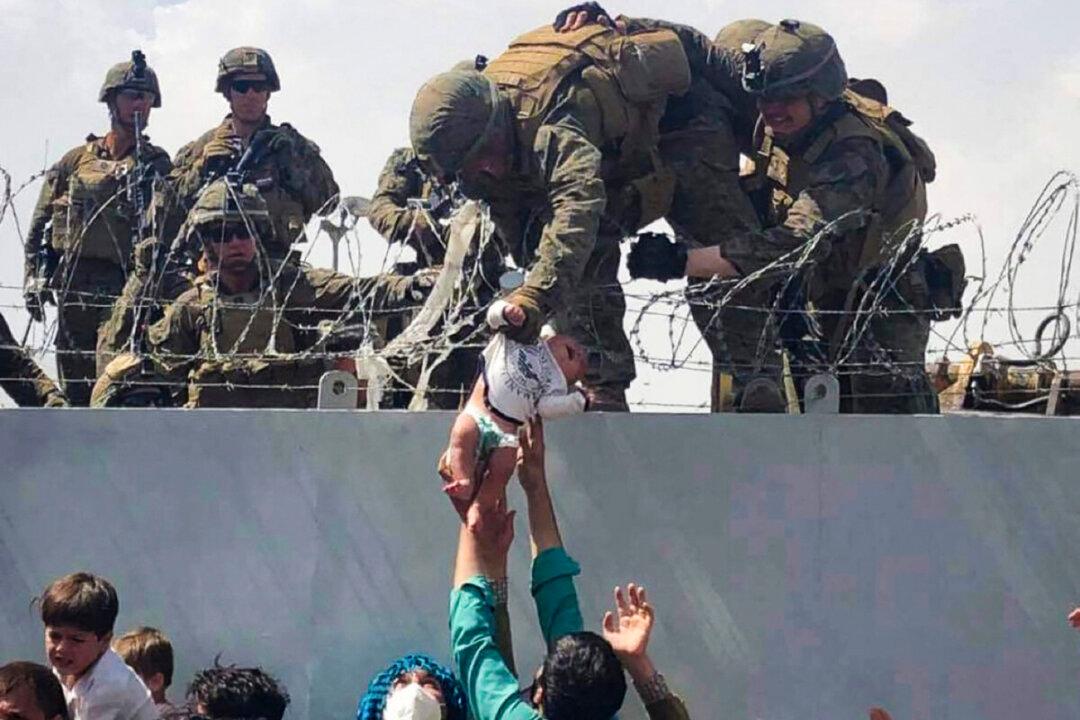NEW DELHI—Afghans are landlocked, yet their rivers flow through some extremely rugged geography into seas in South Asia, Central Asia, and the Middle East. The country’s civilizational crossroads and trans-regional trade routes are some of the oldest in humanity’s history, making it an unprecedented geopolitical flashpoint.
War, death, and destruction aren’t new to this territory. Neither are victories, defeats, extreme tragedies, as well as great escapes—a very personal thread that runs through the narratives of defeat and victory. Among the many escape stories from the mayhem that was Kabul in August 2021, the story of one female journalist stands out.





